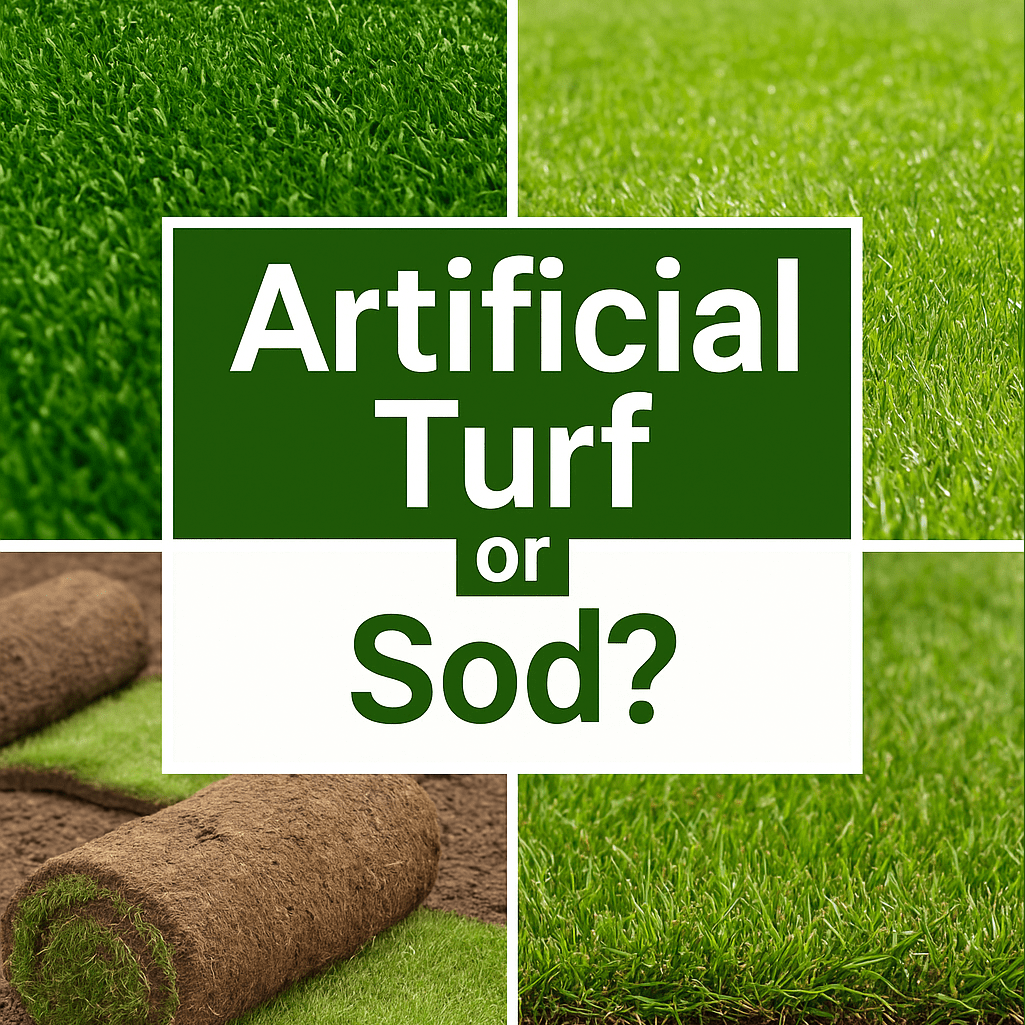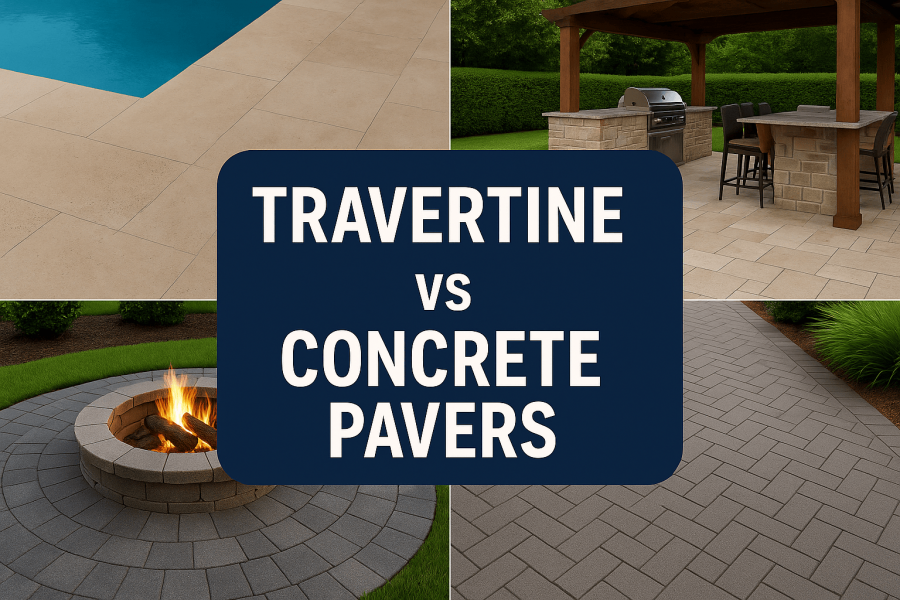- >
Tips to Improve your Florida Soil
- By: Cheli Scott
- Date: Nov 30 2022
Similar Articles
Artificial Turf vs Sod for Lawns, Backyards & DIY Makeovers
Thinking about artificial turf or sod? Discover the pros and cons of each—from cost and maintenance to durability and pet-friendliness—so you can choose the best option for your lawn or backyard project.
Travertine vs Concrete Pavers for Florida Pool Decks, Patios, Fire Pits & More | bhild
Compare travertine and concrete pavers for Florida pool decks, patios, and driveways — from heat retention and slip resistance to cost, maintenance, and curb appeal.
Beat the Heat: Florida Summer Landscape Survival Guide
Beat the Florida heat with smart summer landscaping. From drought‑tolerant plants to shaded retreats, this guide covers designs, materials, and maintenance tips to keep your yard thriving all season long.
Tips to improve your Florida soil
Gardening in the sunshine state is a fulfilling experience, but Florida soil can be a challenge to work with. North and central Florida soils tend to be sandy and some gardeners may encounter clay soil.
Don’t lose hope! We’ve assembled some tips to cultivate rich, fertile soil in your Florida garden.
Why healthy soil matters
If you want to grow your own food or even enjoy some flowers, it all starts with a little seed in a bit of soil. The soil your plants grow in is essential to their health. Healthy soil will hold water and nutrient content to deliver to your growing sprouts.
Unfortunately, often times the soil already in your backyard is not prepared to encourage plants to thrive. The sandy soil of North Florida aren’t good at holding nutrients or water and often homes are built on fill soil, that is also not designed for growing.
Assessing your soil
The first step to healthy soil is assessing what you have. If you are using the soil in your backyard to get started it’s wise to get it tested at your local extension office. An extension office can test your soil and tell you the Ph, fertility levels of your soil, and the amount of nutrients and fertilizer your soil needs. This is all useful information when planning your garden.
A soil test won’t tell you exactly what kind of plants to grow, but it will help you research what grows best in your current conditions and guide you if you need to make soil amendments to your growing media.
Differences between South Florida soil and North Florida soil
While Florida has great weather for growing, there are some differences with the soil quality from location to location.
South Florida soils tend to contain more organic matter and are more rich and good for growing. North Florida soils tend to be sandy and you are more likely to find clay soil.
No matter where you live, it’s likely your home was built on fill dirt, which is not ideal for growing. This soil is used for construction and is generally very compacted and low on nutrients. The differences are broad, but you can expect to have success growing in Florida with a little bit of preparation.
Once you’ve tested your soil and started to plan your garden, you’ve likely figured out what needs to be improved upon to get the most out of your Florida garden. Below, we’ve listed some of the steps you can take to improve your soil if you find it lacking.
Any soil can be improved with some hard work and preparation and it is a worthwhile venture to take some time and improve yours.
Add organic matter
Organic matter is essential to the health of your plants. Composted yard waste is an easy way to add organic material to your soil. Compost not only provides nutrient to your soil, it also conditions it to carry and drain water more effectively.
It promotes a population of garden worms as well as protecting your plants from some diseases. There are many guides online for starting your own compost heap at home or you can buy quality compost from your garden store.
If you are interested in adding manure to your garden, be sure to only used aged manure as fresh manure will burn your plants.
Add mulch
Mulch serves to protect your soil and retain moisture and nutrients. It also is a good deterrent against weeds. Mulch will eventually break down and add nutrients to your garden. Mulch is also known to prevent plant diseases from reaching plant roots and foliage.
Generally, gardeners suggest a soft mulch that breaks down quickly like leaves or hay. Hay looks nice and breaks down easily, adding nutrients to your garden over time.
The most important thing to consider when choosing mulch is the source. You don’t want to choose mulch that is treated with herbicides that will end up in your soil. Find a reliable, safe source before you add it to your garden.
Aerate your soil
Roots need to have loose, aerated soil to promote plant growth. Loose soil allows for proper drainage and let’s roots grow deep into the ground. It also prevents fungal diseases the occur in compacted wet soil.
Control Weeds
Weeds steal nutrients and roots space from from your plants, so before you plant be sure to weed your garden thoroughly, then mulch to prevent weeds from growing back. Steer clear of herbicides that can leech into your soil and ruin it if you plan to grow vegetables.
Time to start gardening!
Good soil is a process that takes time, but it’s not impossible and it is definitely worthwhile. Whether you are working on your soil to promote lawn growth or to grow vegetables for consumption the key proper testing and adding organic material over time.
If you don’t want to do the work yourself, consider hiring an experienced landscaper like the ones at bhild.com. Call us today, or fill out our form here for a free estimate on lawn services!








